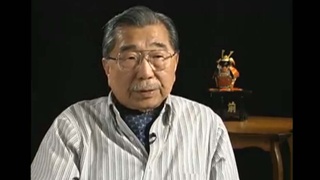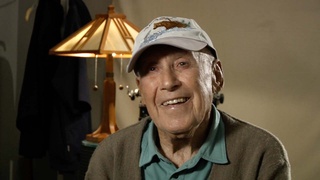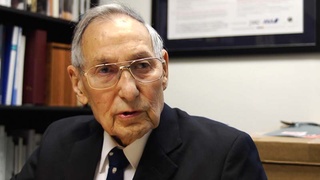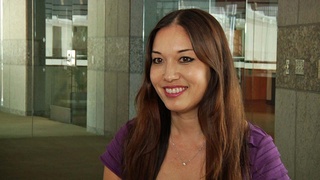Interviews
Patriotism versus loyalty
Patriotism is more showing your faith and love for your country, where loyalty often has to be proven. In the case of December 7th, I think the Japanese felt, in fact, even embarrassed that Japan would attack Pearl Harbor. And, I think Japanese, actually, were very, very loyal to America, though America did not think so.
Date: June 16, 2003
Location: California, US
Interviewer: Karen Ishizuka, Akira Boch
Contributed by: Watase Media Arts Center, Japanese American National Museum.
Explore More Videos

A Dutiful Son
(1918-2012) Fought the constitutionality of Executive Order 9066.

Challenges of finding a summer job
Judge, only Japanese American to serve on CWRIC.



Traumatic experiences before camp
(1913-2013) Doctor specializing in obstetrics in Southern California

“Everybody went in like sheep”
(1913-2013) Doctor specializing in obstetrics in Southern California

Reception of Hamako by family
(1916 - 2013) Member of the U.S. Military Intelligence Service

Memories of Poston
(b. 1930) Half Japanese and grew up in both Japan and the United States.

Arriving at Poston
(b. 1930) Half Japanese and grew up in both Japan and the United States.



Writing a novel on the 442nd
Jewish Japanese American journalist

Meeting Hamako in Japan
(1916 - 2013) Member of the U.S. Military Intelligence Service

Meeting Mr. Amano
(1916 - 2013) Member of the U.S. Military Intelligence Service

Marriage and Returning to US
(1916 - 2013) Member of the U.S. Military Intelligence Service
